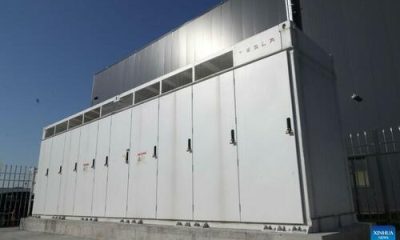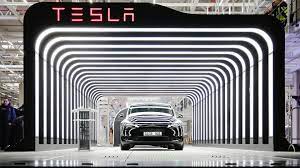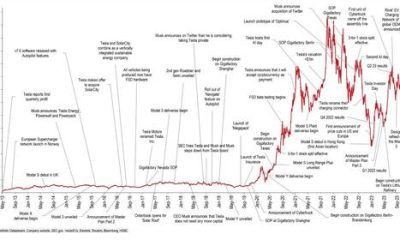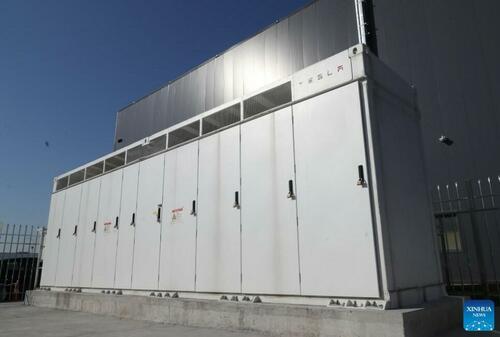Energy & Critical Metals
Tecnam halts development of P-Volt all-electric aircraft due to battery concerns
After three years of intensive studies covering the entire lifecycle of an all-electric aircraft, Tecnam is halting development of the all-electric P-Volt…

After three years of intensive studies covering the entire lifecycle of an all-electric aircraft, Tecnam is halting development of the all-electric P-Volt aircraft, mainly due to concerns about current battery technology. The company will continue to explore new emerging technologies.
In 2021, Rolls-Royce, Tecnam and Widerøe announced a partnership to deliver an all-electric passenger aircraft for the commuter market, ready for revenue service in 2026. The project was expanding on the successful research program between Rolls-Royce and Widerøe on sustainable aviation and the existing partnership between Rolls-Royce and Tecnam on powering the all-electric P-Volt aircraft. (Earlier post.)
Since the beginning of the P-Volt development, Tecnam’s focus has been to provide operators with the ability to fly an all-electric passenger aircraft profitably, efficiently and sustainably in terms of operating costs, emissions, performance, turnaround and time to market. At present, Tecnam believes that these can only be achieved by extremely aggressive speculation on uncertain technology developments.
Tecnam said that it has a deep understanding of electric flight, gained from previous projects such as the H3ps hybrid aircraft based on the P2010 four-seater. The company said it looked closely at the state of the art in energy storage and realistic five-year developments, excluding technological revolutions that no one can speculate on. One of the conclusions was that an aircraft with a battery pack at the end of its life would not be the best product for the market, and certainly would be the worst in terms of Net Present Value (NPV).
The proliferation of aircraft with “new” batteries would lead to unrealistic mission profiles that would quickly degrade after a few weeks of operation, making the all-electric passenger aircraft a mere “Green Transition flagship” rather than a real player in the decarbonization of aviation, Tecnam said.
Taking into account the most optimistic projections of slow charge cycles and the possible limitation of the maximum charge level per cycle, the real storage capacity would fall below 170Wh/kg, and only a few hundred flights would drive operators to replace the entire storage unit, with a dramatic increase in direct operating costs due to the reserves for battery replacement prices.
With dozens of EASA and FAA certifications, Tecnam is the most active General Aviation manufacturer in the world with the highest number of new type certifications in recent years. The company’s mission has been to design and manufacture products with the highest value for money in terms of efficiency, CO2 emissions, operating costs and profitability. Today, Tecnam believes that these key factors cannot define a new aircraft development as “viable” with a target entry into service by 2026-2028.
Tecnam said it constantly and closely monitors the evolution of technologies capable of achieving net-zero emissions targets, working with the leading manufacturers of propulsion systems and providing them with direction and guidance, and is ready to bring the P-Volt back into the type certification arena as soon as technology evolution allows.

Uranium Exploration Company Announces Additional Staking in the Athabasca Basin
Source: Streetwise Reports 12/22/2023
Skyharbour Resources Ltd. announced an update from its Canada-based Falcon Project along with additional…
Tesla Launches New Mega Factory Project In Shanghai, Designed To Manufacture 10,000 Megapacks Per Year
Tesla Launches New Mega Factory Project In Shanghai, Designed To Manufacture 10,000 Megapacks Per Year
Tesla has launched a new mega factory…
Giving thanks and taking stock after “a remarkable year”
An end-of-year thank you to our readers, industry colleagues and advertisers before Electric Autonomy breaks from publishing until Jan. 2
The post Giving…















